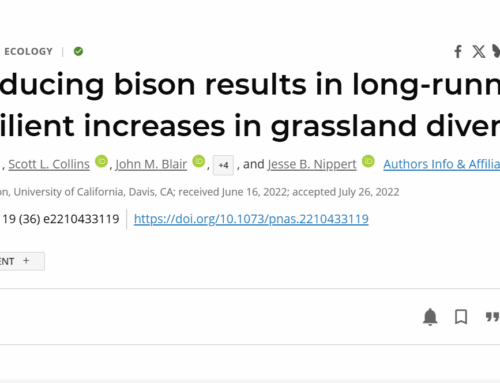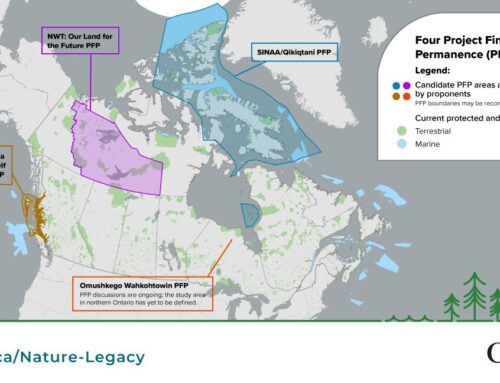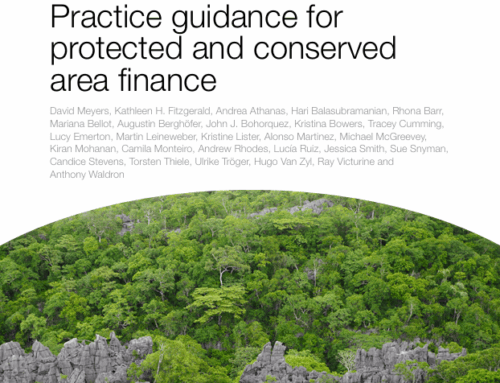
This article examines the history and future of Sumas Lake (Xhotsa) in British Columbia, once central to the Semá Nation’s food system before being drained in 1924 during a campaign of land dispossession. The lake’s resurgence due to climate change-induced flooding in 2021 caused significant damage, yet current responses focus on protecting settler agriculture through water control structures. By analyzing Indigenous laws and traditions alongside economic costs, the article advocates for the restoration of Sumas Lake as a climate resilience measure, emphasizing the role of Indigenous knowledge in achieving ecological and food systems reconciliation for a sustainable future.



